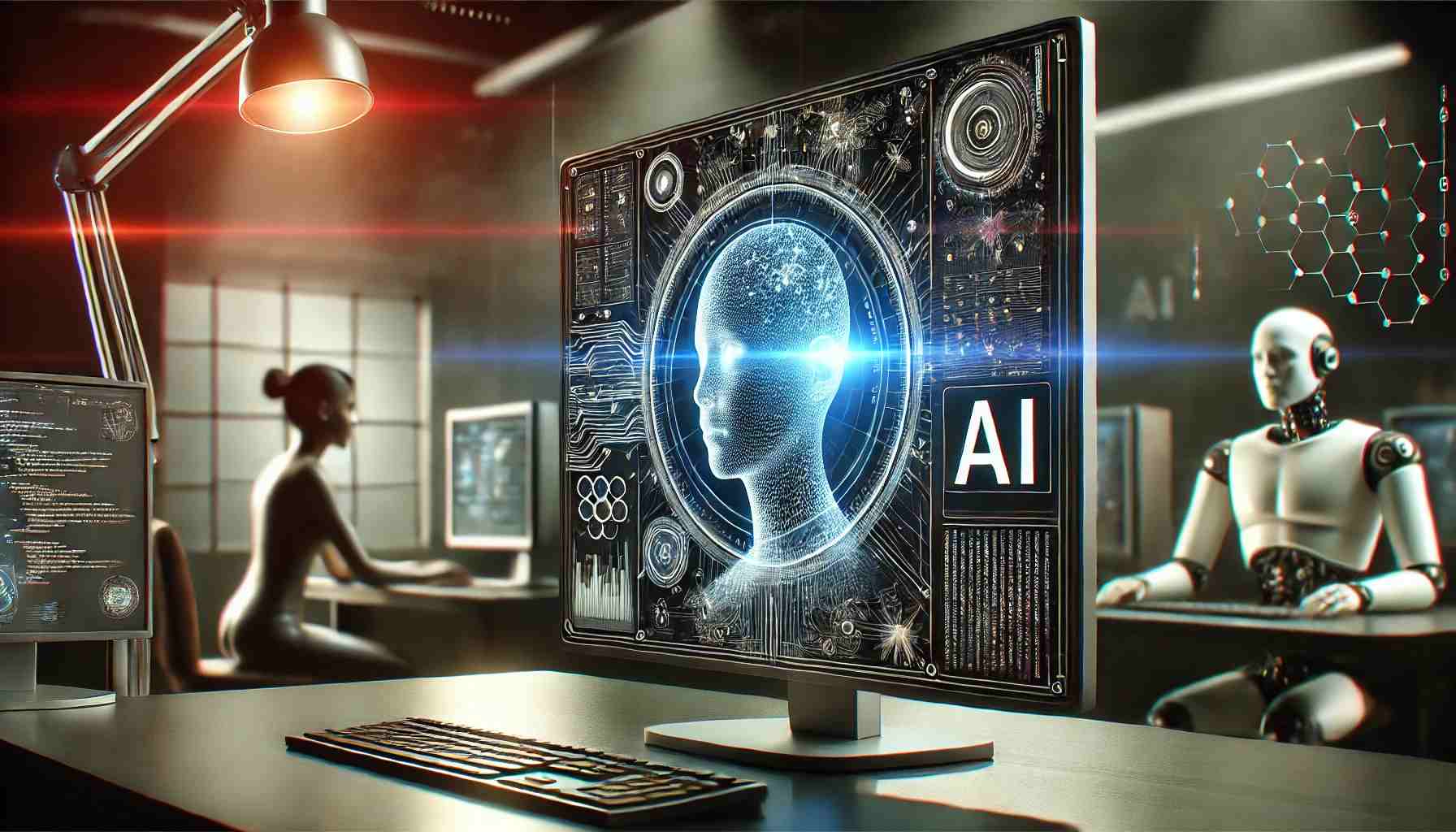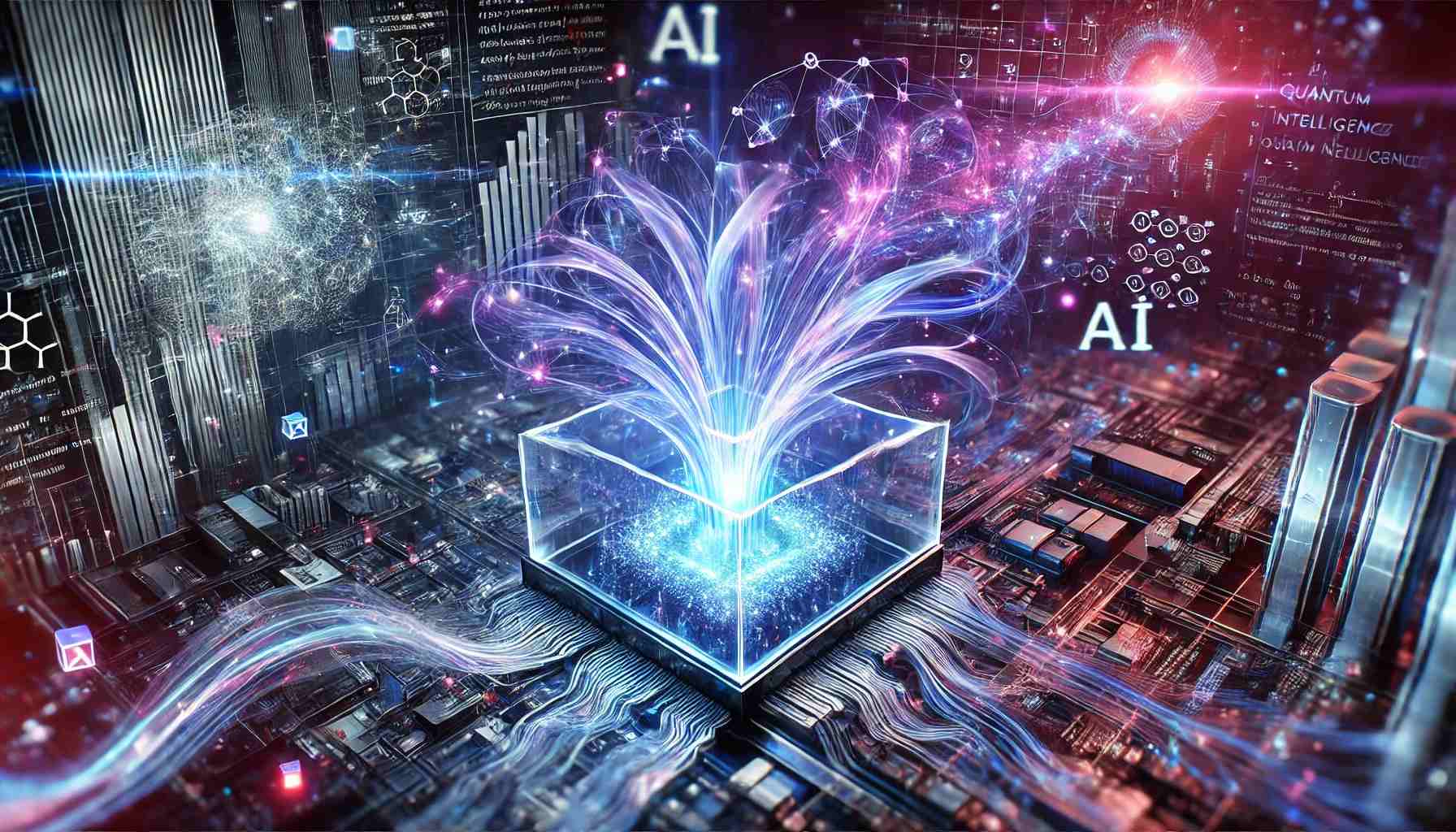-

Post-Quantum Cryptography (PQC)
Post-Quantum Cryptography (PQC) refers to cryptographic algorithms that are designed to be secure against the potential threats posed by quantum computers. Quantum computers, once fully developed, are expected to break the security of many widely used cryptographic protocols, such as RSA and ECC (Elliptic Curve Cryptography), which rely on the difficulty of factoring large…
-

The Risks of Artificial Intelligence Taking Control of Personal Computers and Potential Threats to Data Security
In recent years, the rapid development of artificial intelligence (AI) has led to its integration into a variety of technologies, from smartphones to smart homes and even personal computers. However, as AI becomes more advanced, it raises concerns about its potential risks, especially when it gains control over personal systems. While AI offers many…
-

Top Quantum Cryptography Methods to Prevent Quantum Computer Attacks
As quantum computers evolve, they present a significant threat to current cryptographic methods that are widely used for securing communications and data. Quantum computing’s potential to solve complex problems exponentially faster than classical computers means that conventional encryption techniques, such as RSA and ECC, are vulnerable to being broken. This is where quantum cryptography…
-

The Power of Combining Artificial Intelligence and Quantum Computing
Artificial Intelligence (AI) and Quantum Computing are two of the most transformative technologies of our time. While both fields are progressing at a rapid pace, their potential when combined is truly revolutionary. This fusion could lead to breakthroughs in multiple industries, from healthcare to cryptography, and could redefine what we understand about computation itself.…
-

The Impact of Quantum Computers on Modern Encryption
Quantum computing is a rapidly advancing field that promises to revolutionize many aspects of technology. Among its potential applications, one of the most concerning for data security experts is the impact quantum computers may have on modern encryption systems. Encryption, particularly asymmetric encryption, is fundamental to securing data across the internet today. Algorithms like…